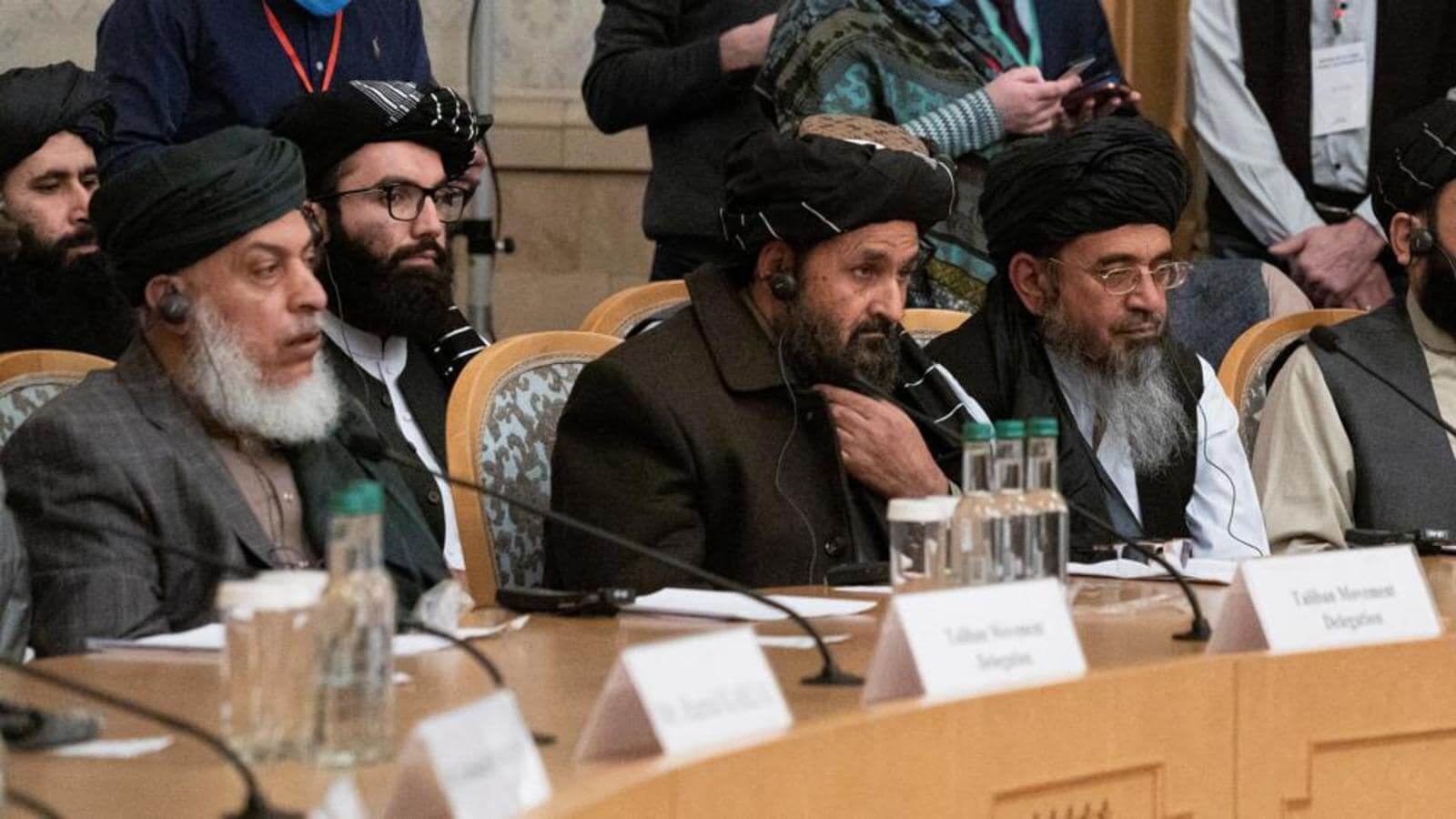On Monday, Qatar’s Special Envoy for Counterterrorism and Mediation of Conflict Resolution, Mutlaq bin Majed Al Qahtani, said that Indian officials had paid a “quiet visit” to Doha to establish contact with the Taliban representatives, signifying a shift in India’s position on engagement with the organisation.
Qahtani made this claim during a web seminar on “Looking towards Peace in Afghanistan after the US-NATO Withdrawal,” hosted by the Arab Centre in Washington and the Centre for Conflict and Humanitarian Studies in Doha. Indian officials, however, have not reacted to the statement. Previously, the Indian Ministry of External Affairs spokesperson stated that India is in touch with various stakeholders to pursue its long-term commitment towards development and reconstruction in Afghanistan.
Speaking to The Hindu, Qahtani said India’s move comes following a realisation that the Taliban will play a “key” role in the peace process in Afghanistan. Addressing fears that the Taliban could take over the country following the US-NATO withdrawal, he added, “Not that everybody thinks the Taliban is going to dominate and take over, but because it is a key component of the future of Afghanistan. So, I see it as the reason for having a dialogue or talks and reaching out to all parties in Afghanistan.” However, Qahtani said all international powers must encourage the parties in the country to reconcile and solve their differences. In addition, he highlighted the importance of ensuring that Afghanistan doesn’t become “a place for a proxy fight for other countries.”
During the web conference, Qahtani also stressed the importance of peace in Afghanistan for its neighbours, specifically India and Pakistan. India has a lot to gain from the conclusion of the peace process in the region. It emerged as a strong supporter of the elected governments of Afghanistan, both during the Karzai and the Ghani administrations, and has vocally advocated for an Afghan-led peace process. This support stems from the fact that the Indian government has invested around $2 billion in Afghanistan for aid and redevelopment.
Another significant factor that drives India’s increasing interest in Afghanistan is the fear arising from China’s growing activity in the region, which had been relatively minimal until recently. Until 2016, China had merely provided $ 2.2 million in aid to the country compared to India, Afghanistan’s biggest donor in South Asia. However, while the initial plan for the Belt and Road Initiative excluded Afghanistan, after 2016, this, too, started to change. China and Afghanistan signed an MOU, and the latter promised Afghanistan around $100 million in funds. By 2019, it emerged as Afghanistan’s biggest investor for business. Hence, India’s engagement with the Taliban is likely to cement the ties, thereby furthering its economic and political interests in Afghanistan.
The “quiet” meeting also comes amid a surge in violence in Afghanistan, with clashes between Afghan security forces and the Taliban becoming increasingly frequent. Since the United States (US) decided to withdraw its troops, the Taliban has taken control over around 40 districts. Last week, the Taliban ambushed two provincial capitals, Kunduz city and Maimana, and forced government forces in the region to surrender. Then, following hours of clashes with security forces, the group took control of the cities’ entrances. Therefore, the recent meeting also indicates India’s recognition of the inevitable reality of the Taliban’s growing influence in Afghanistan amidst the US-NATO troops’ withdrawal.
Against this backdrop, Indian officials’ reported meeting with Taliban representatives may represent a significant shift in India’s position, as it mostly refrained from dialogue with the group earlier. However, India has often extended its support for an “Afghan-led” peace process and attended several important meetings on the issue. Therefore, at this stage, it remains unclear what its meeting with the Taliban will lead to.

